Northern Ireland talks must lift blockages says Cameron
- Published
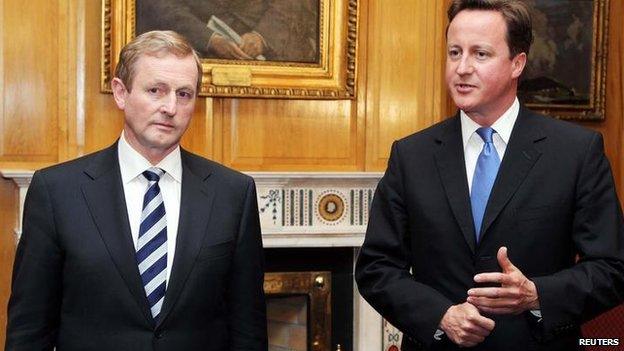
Enda Kenny and David Cameron will receive progress reports on the talks
Political talks in Northern Ireland must "lift the blockages" preventing its power-sharing executive from delivering effective government, Prime Minister David Cameron has said.
Talks aimed at resolving difficulties among the five parties in the devolved government have begun in Belfast.
Northern Ireland Secretary Theresa Villiers chaired the first session.
Mr Cameron said he and Irish Prime Minister Enda Kenny were expecting a progress report by the end of November.
'Seize the opportunity'
"While the government can help, ultimately it is for Northern Ireland political leaders to take these issues forward," he said.
"I trust, therefore, that all parties will approach these talks constructively and with a genuine willingness to succeed."
Mr Kenny said he and Mr Cameron were agreed that "now is the time for the party leaders to seize the opportunity of these talks to find a way forward and secure the prize of a peaceful, prosperous and shared Northern Ireland".
Northern Ireland Secretary Theresa Villiers convened the government-led talks
The secretary of state said she was approaching the talks with optimism, but added it was vital for the devolved administration that progress was made.
"I think Stormont could carry on as it is, but the trouble is, its decision making is getting more and more difficult," Ms Villiers told BBC Radio Ulster's Nolan programme.
"The two big issues - the budget and welfare reform - and flags, parading and the past are making it more and more difficult for the executive and the assembly to operate effectively."
'Circus'
The Irish government was represented at Thursday's talks by Minister for Foreign Affairs Charlie Flanagan.
The Democratic Unionist Party said it would not attend the first round-table session, with its party leader, Northern Ireland First Minister Peter Robinson, describing it as a "circus" arranged for the cameras.
However, unlike last year's talks chaired by former US diplomat Richard Haass, there were no plans for a round-table picture of the participants.
On his way in to the talks, the Deputy First Minister Martin McGuinness said the DUP's boycott of the opening session showed their "utter contempt" for the two governments and the talks process.
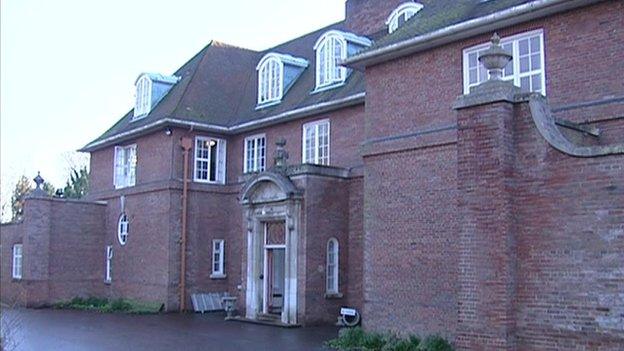
The talks have been moved to Stormont House
Alliance leader David Ford said he hoped the talks would not be a "circus".
He said the people of Northern Ireland deserved better than "an ongoing stand-off, bad faith and inappropriate behaviour".
SDLP leader Alasdair McDonnell said he felt angry that some people were playing party politics and the Irish government should be full participants as the guarantors of the Good Friday Agreement.
'Fractious session'
Ulster Unionist leader Mike Nesbitt drove into the talks without making any comment.
However, in a statement he said he had been given assurances by the Irish prime minister that the Irish government would respect the three-stranded approach, under which they would not negotiate on internal Northern Ireland affairs. He criticised the DUP for staying away from the opening session.
The DUP has defended its decision not to attend the opening session, saying "no self respecting unionist" would discuss the internal affairs of Northern Ireland with the Irish government at the table.
First Minister Peter Robinson had a separate meeting with Ms Villiers.
Speaking afterwards, the DUP leader said: "On reflection, I'm delighted that I wasn't part of that fractious session earlier. I think it's far better to roll up your sleeves and get down to work."
The TUV leader Jim Allister was not invited to the talks and has protested at "the exclusion of 100,000 unionist voters from the negotiating process".
Venue switch
The talks were originally planned for Stormont's Parliament Buildings, home of the Northern Ireland Assembly.
After some unionists raised objections to the Irish government having a presence at the assembly, the opening session was switched to Stormont House - the Northern Ireland Office's Belfast base.
Like the Haass talks which ended without a deal last December, the negotiators will consider the problems of flags, parades and the legacy of the Troubles.
In addition, they will examine the Stormont budget crisis and changes to the way the assembly and executive work.
- Published16 October 2014
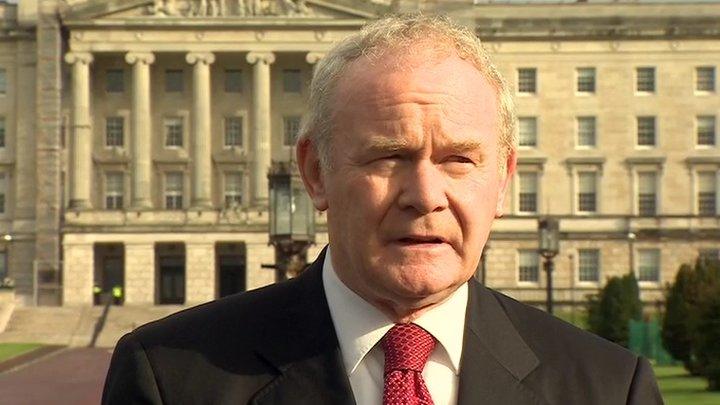
- Published10 October 2014
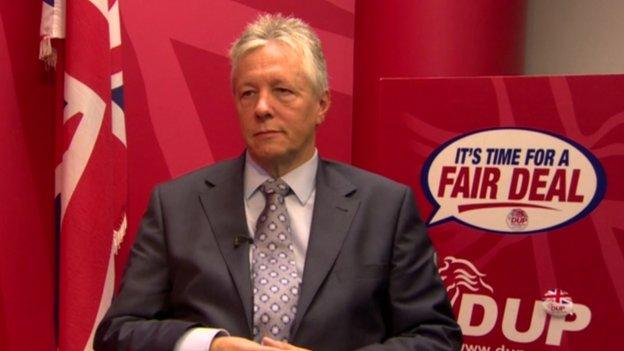
- Published28 September 2014
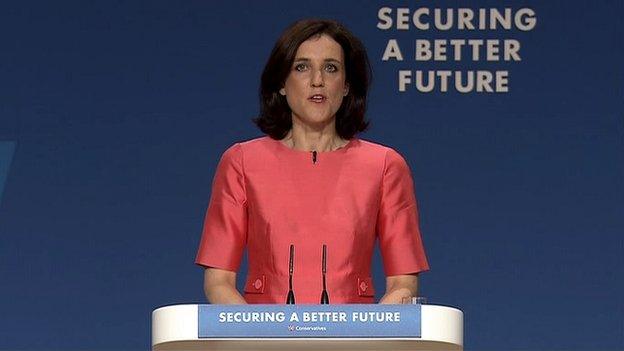
- Published9 September 2014
